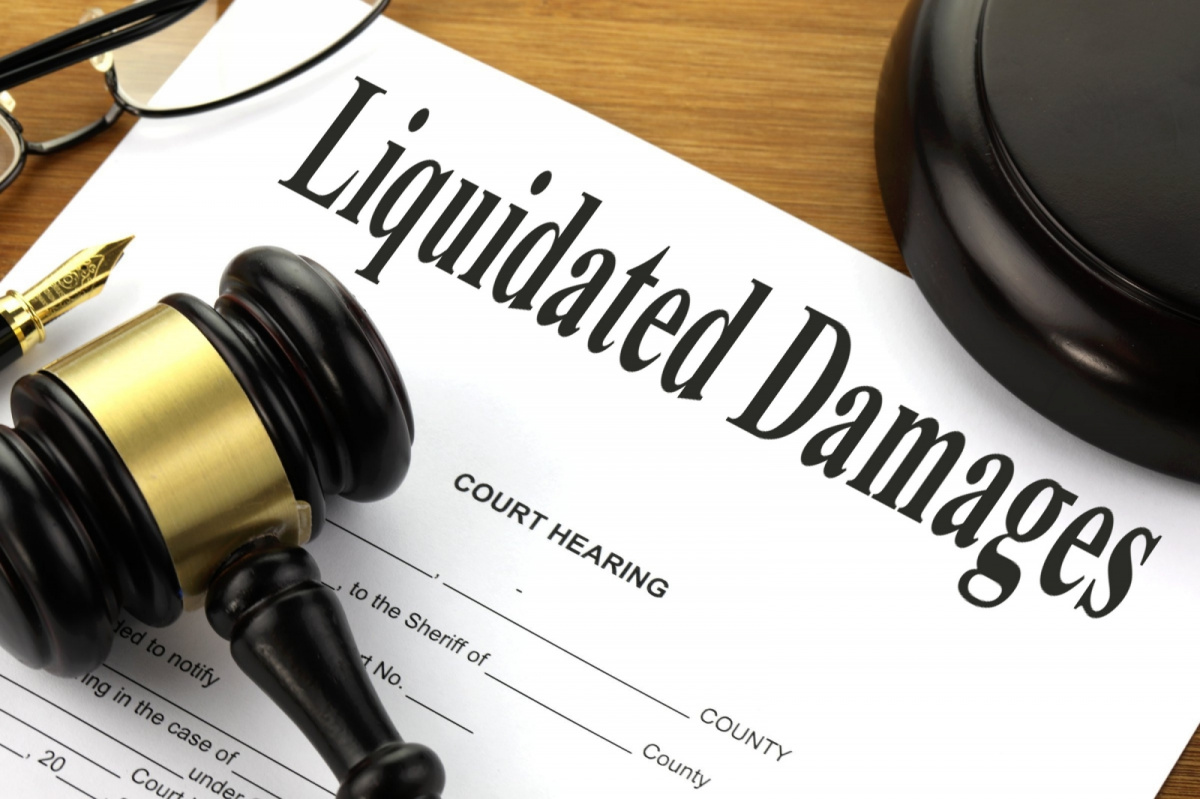Liquidated damages provisions must be given careful consideration when negotiating a real estate agreement. Liquidated damages provisions usually appear as “earnest money” or a “non-refundable deposit” to set forth the negotiated amount of money that a seller can retain if a buyer breaches a purchase and sale agreement. Buyers are generally entitled to a return of their “earnest money” or a “non-refundable deposit” plus a maximum amount to cover costs incurred in due diligence. (Buyers also typically have the right to specific performance to enforce the purchase and sale agreement but that is a different remedy to be covered in a future blog post.)
The purpose of liquidated damages is to provide the parties (a) with certainty regarding their potential liability or recovery when the purchase and sale agreement is breached; (b) an accurate estimate of the actual damages arising from a party’s breach of contract because the true amount of damages would be difficult to calculate; and (c) the opportunity to make a meaningful decision when deciding whether to engage in potentially expensive litigation because the damages award is already settled.
It is imperative that the liquidated damages figure approximates the loss anticipated at the time of contracting or the loss that actually occurs as a result of a breach. Every real estate attorney knows courts will not enforce liquidated damages provisions when they are unreasonably large when compared to the anticipated loss or actual loss. In other words, the liquidated damages provision must not be a penalty.
Courts across the country regularly find that the parties were overzealous when “estimating” their actual damages. In this situation the non-breaching party may still recover damages; however, it must prove the true amount of its damages, which can add tens or hundreds of thousands of dollars in legal fees and costs. Simply put, be smart without being greedy.
This does not mean a party should undervalue it anticipate damages. Doing so would create the undesirable consequence of preventing a non-breaching party from recovering its actual and full amount of damages. Rapid downward trends in the real estate market–when a seller cannot sell the property for nearly as much as the contract price–could have devastating consequences for the seller. The contrapositive is also true in that a rapidly escalating real estate market could devastate a buyer that breaches the purchase and sale agreement.
Sellers and buyers need experienced real estate attorneys who can navigate clients through the liquidated damages minefield.
David Seidman is the principal and founder of Seidman Law Group, LLC. He serves as outside general counsel for companies which includes negotiating, drafting, and litigating purchase and sale agreements, lease agreements, licensing agreements, and other real estate agreements.
He can be reached at david@seidmanlawgroup.com or 312-399-7390.
This blog post is not legal advice. Please consult an experienced attorney to assist with your legal issues.
Photo: Liquidated damages by Nick Youngson CC BY-SA 3.0 Pix4free














